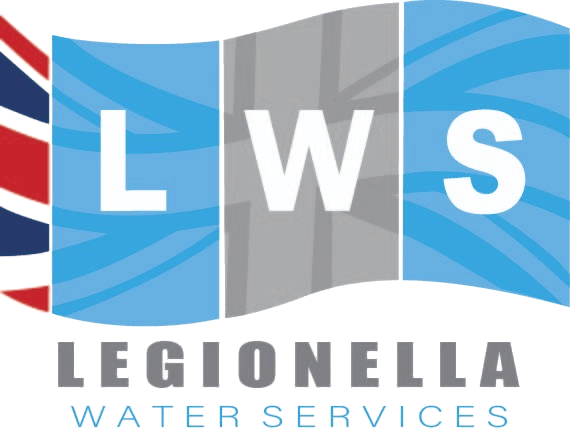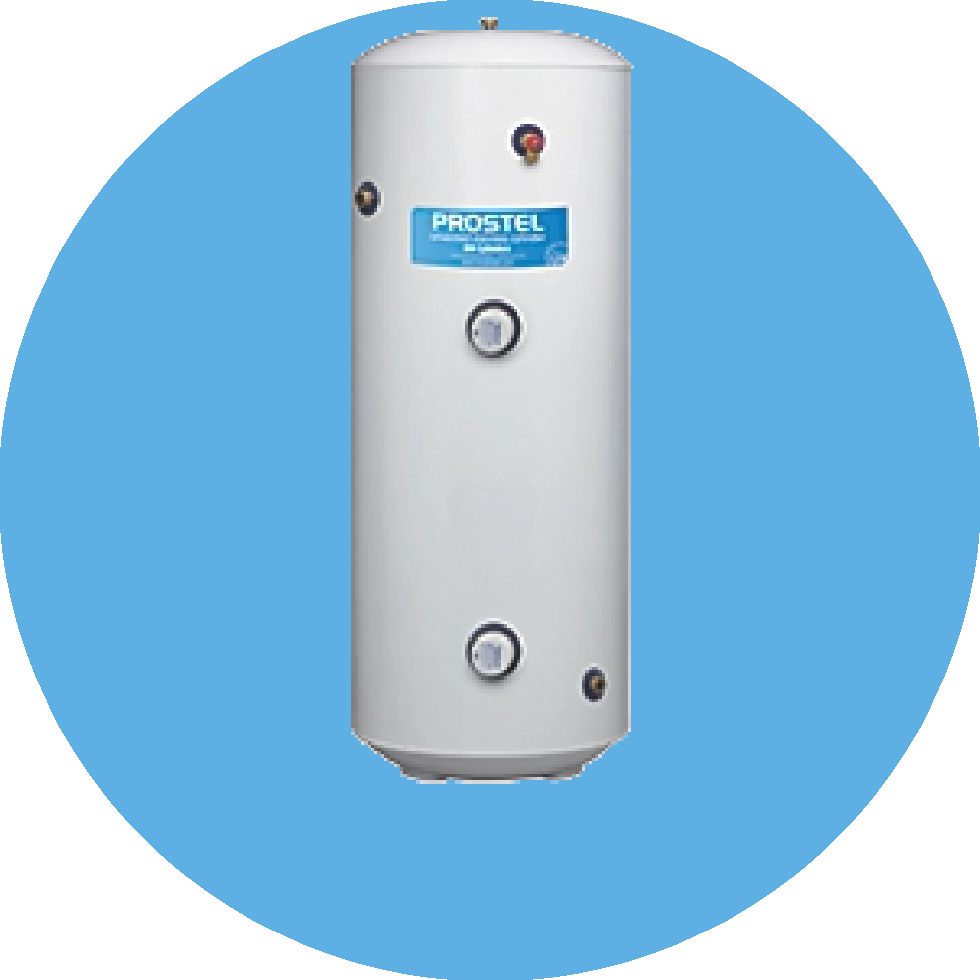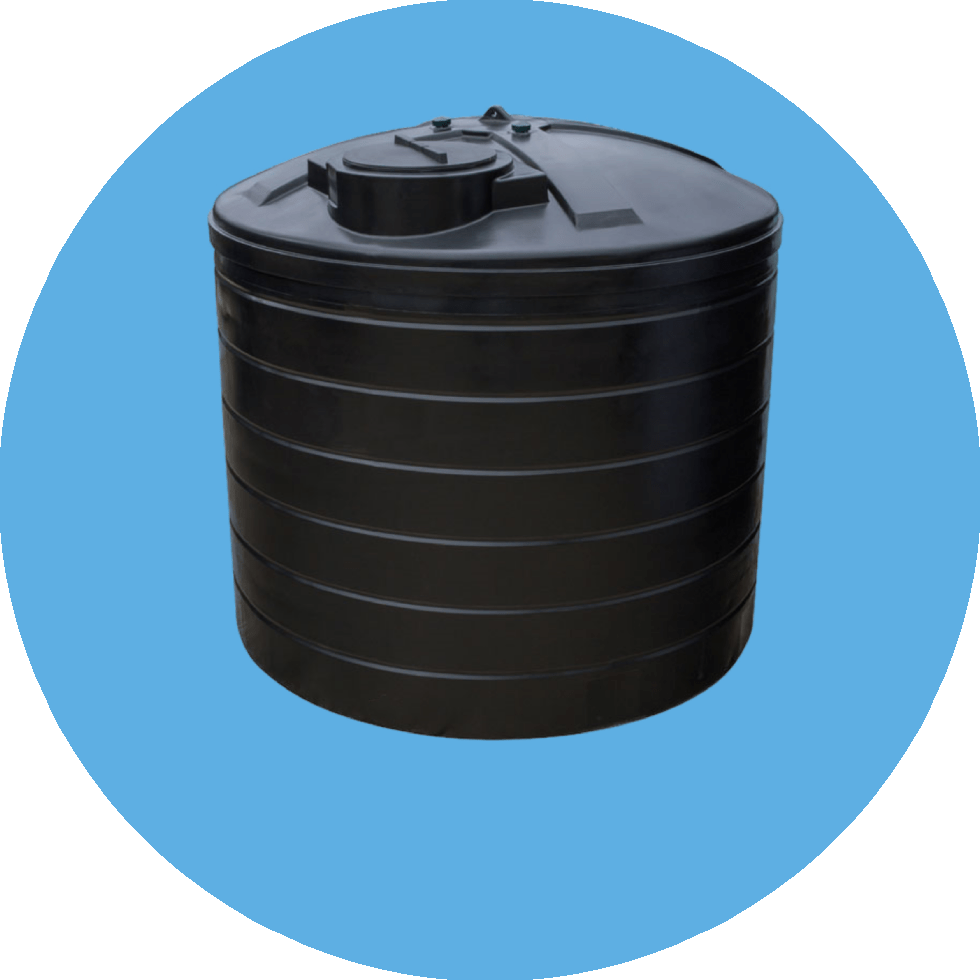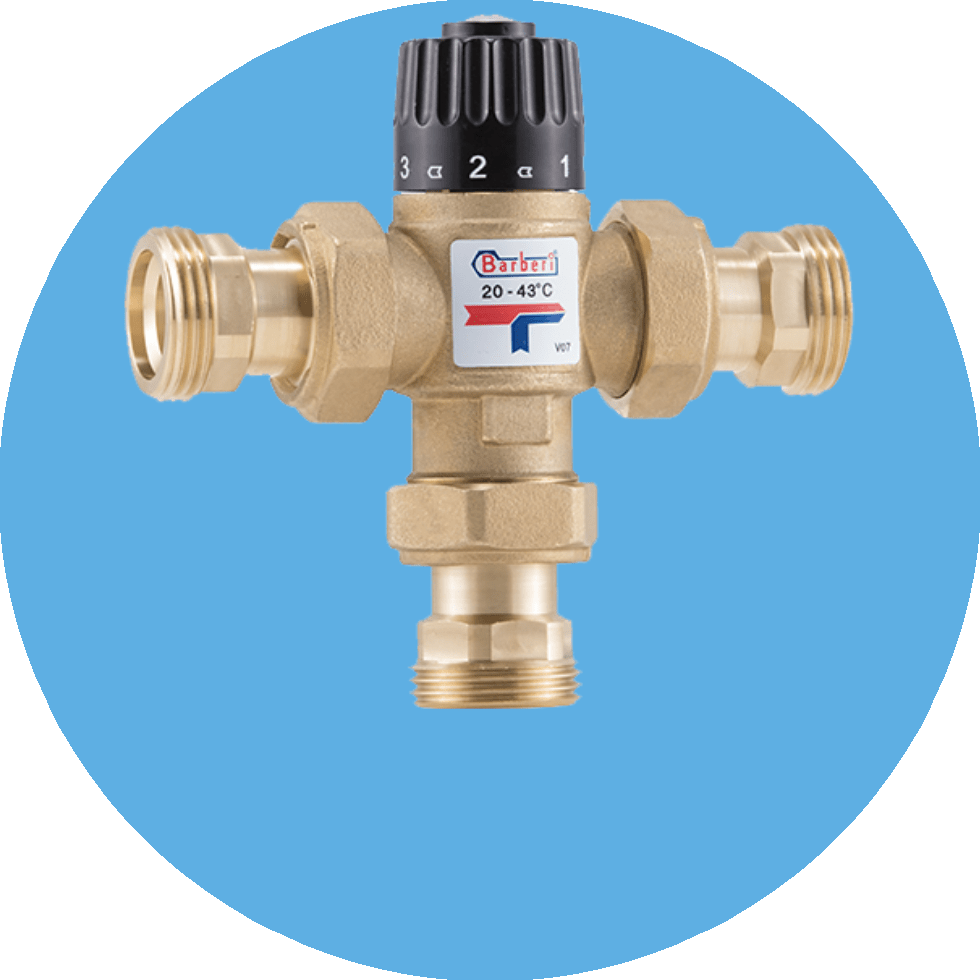LLEGIONELLA RESPONSIBILITIES
of Landlords
Landlords, Are You Aware of Your Legionella Responsibilities?
As a landlord, whether you own domestic or commercial properties, you’re likely well-versed in many of your legal obligations. However, there’s one crucial responsibility that often flies under the radar: Legionella risk assessments. This blog post aims to shed light on this vital aspect of property management and why it should be on every landlord’s radar.
What is Legionella?
Legionella is a type of bacteria that can cause Legionnaires’ disease, a severe form of pneumonia. These bacteria thrive in stagnant water and can proliferate in water systems, including those found in residential and commercial buildings.


Legal Requirements for Landlords
In the UK, landlords have a legal duty to assess and control the risk of exposure to Legionella bacteria for their tenants. This obligation applies to both domestic and commercial properties and is outlined in the Health and Safety at Work Act 1974 and the Control of Substances Hazardous to Health Regulations 2002.
Why Legionella Risk Assessments Matter
- Protect Tenant Health: The primary reason for conducting these assessments is to safeguard the health of your tenants. Legionnaires’ disease can be fatal, especially for vulnerable individuals.
- Legal Compliance: Failure to carry out proper risk assessments can result in hefty fines and legal action against you as a landlord.
- Property Maintenance: Regular assessments can help identify potential issues in your water systems early, potentially saving you money on repairs in the long run.
- Reputation Management: Demonstrating that you take your tenants’ health seriously can enhance your reputation as a responsible landlord.
What Does a Legionella Risk Assessment Involve?
- A typical assessment includes:
- Identifying and assessing sources of risk
- Preparing a scheme to prevent or control risk
- Implementing and managing precautions
- Keeping records of precautions
- Appointing a person to be managerially responsible
How Often Should Assessments Be Conducted?
While there’s no legally set frequency, it’s generally recommended to conduct assessments:
- Before a new tenant moves in
- Annually for most properties
- More frequently for high-risk properties or after significant changes to the water system


How Often Should Assessments Be Conducted?
While there’s no legally set frequency, it’s generally recommended to conduct assessments:
- Before a new tenant moves in
- Annually for most properties
- More frequently for high-risk properties or after significant changes to the water system
Taking Action
If you haven’t conducted a Legionella risk assessment for your properties, now is the time to act. Consider these steps:
- Educate yourself further on the risks and requirements
- Hire a qualified professional to conduct the assessment
- Implement any recommended control measures
- Keep detailed records of all assessments and actions taken
- Inform your tenants about the risks and their responsibilities
Conclusion
As a landlord, your responsibilities extend beyond collecting rent and maintaining the physical structure of your properties. Ensuring the safety of your tenants’ water supply through regular Legionella risk assessments is not just a legal obligation—it’s a moral one. By staying informed and proactive, you can protect your tenants, your property, and your reputation as a responsible landlord.
Remember, when it comes to Legionella risk, prevention is always better than cure. Don’t wait until it’s too late—make Legionella risk assessments a priority in your property management strategy today.
Our Full List of Remedial Services
Call now to get a free no obligation proposal if you need expert support with your Legionella Remedial Works, or for any other specialist services.
Contact US










